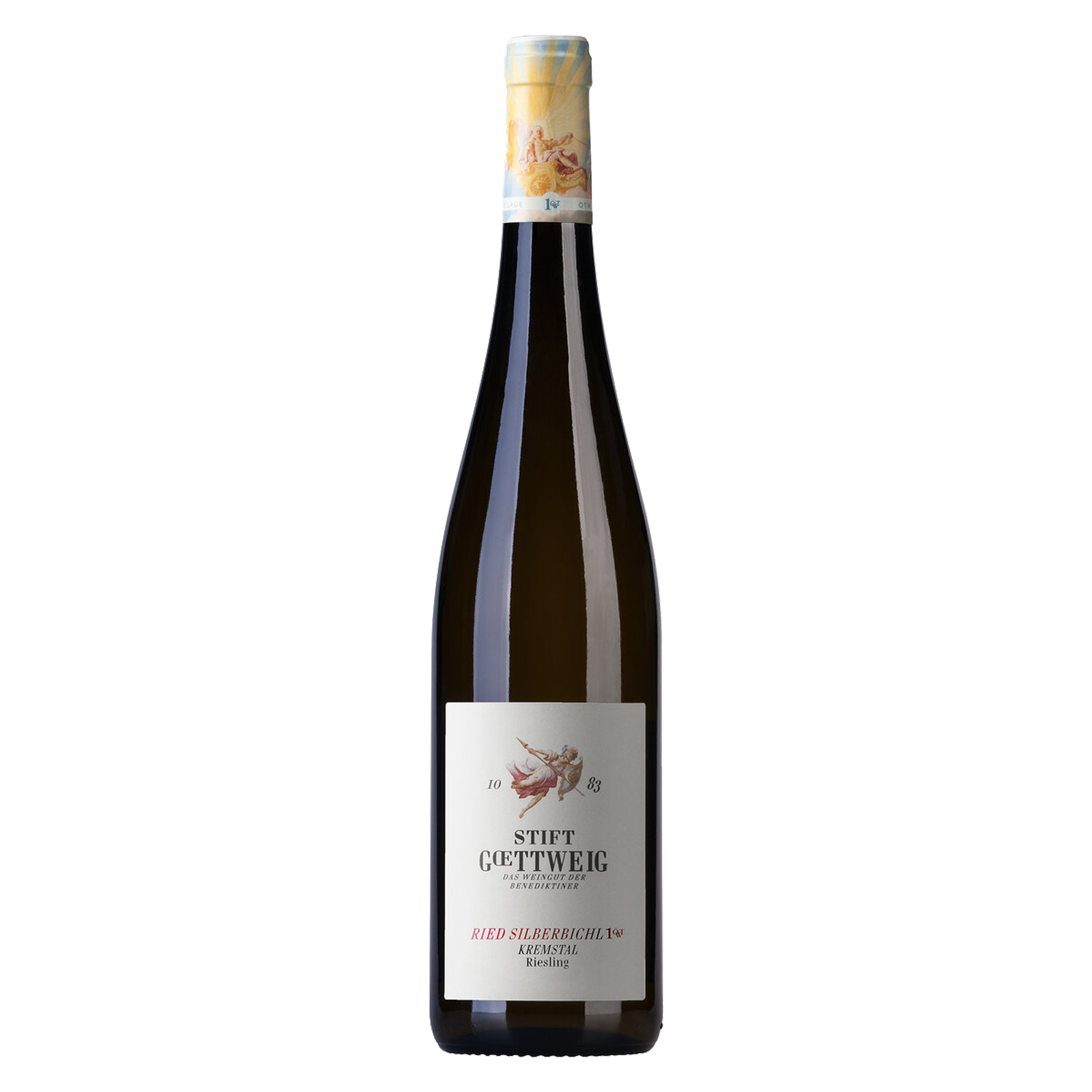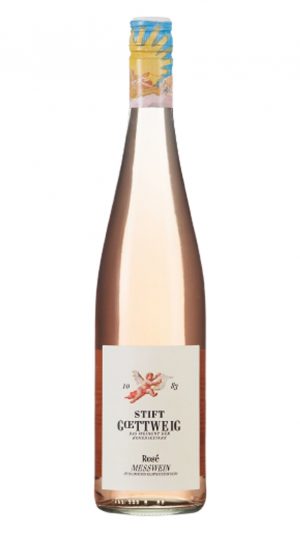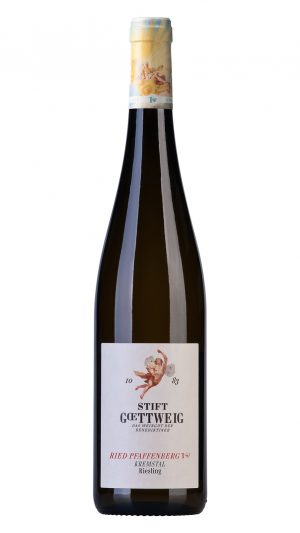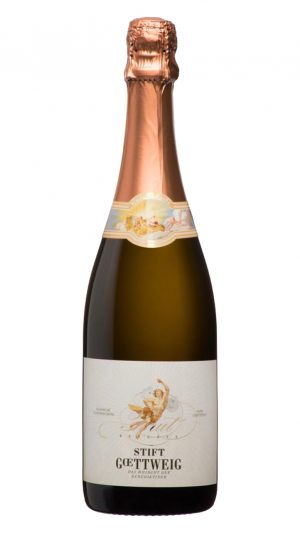Stift Göttweig Riesling Silberbichl 2019
Type: White
Country: Austria
Region: Kremstal
Grape Variety: 100% Riesling
Climate: Climatic conditions similar to the Wachau, if only slightly warmer, the Kremstal benefits from the easterly warm winds of the Pannonian basin and cool, humid breezes from the Waldviertal forest to the north
Terroir: The Silberbichl where the riesling grows in front of the Stift Göttweig Riesling Ried Silberbichl is a wide terrace step above the Danube meadow. The soil consists of old Danube gravel, weathered rocks covered with loess. The term “Silber” (in Dutch silver) probably originated because of the presence of mica in the soil which gives a silvery shine to the large pieces that can be found in the vineyard. “Bichl” is a variation of “Bühel” (hill). The cru Silberbichl is oriented to the southeast. Because of this special soil, 6.34 hectares have been planted with Riesling in this vineyard.
Winemaking: After the grapes are harvested in October, the grapes are destemmed after which a strict selection takes place to only use the very best grapes for this wine. Then follows the maceration of 6 hours, and after 7 months of contact with its fine lees in stainless steel tanks, the wine is bottled
Color: Light yellow-green with silver reflections
Nose: Aromas of white tropical fruit and delicate lime zest on the attractive bouquet.
Palate: Juicy, with a firm texture, elegant, with fine fruit expression and fine acid structure. Persistent, with a lemony touch on the finish.
About the Winery:
The historic wine estate Stift Gœttweig was founded around 1083 by St. Altmann, the bishop of Passau. In 1094 it was bequeathed to the Benedictines, whose economic centre was already forestry and viticulture.
The baroque abbey complex, which was destroyed after a major fire in 1718 and was subsequently redesigned and built by the architect Johann Lucas von Hildebrandt, is located on the eastern edge of the Danube valley of the Wachau, opposite the city of Krems.
At an altitude of 449 metres above sea level, individual parcels of land in the Ried Gottscheller, Ried Silberbichl and Ried Pfaffenberg vineyards produce an enormous variety of wines, which benefit greatly from the geological differences here: from gravelly-sandy soils, loess and clay to the weathering of primary rocks, the soils have a wide variety of characteristics and give the wines cultivated a very special characteristic.
The microclimatic conditions here on the southern bank of the Danube are also very varied. From the area of the Dark Stone Forest, cool air blows towards the Gœttweiger vineyards and vents them. In general, the Danube area has natural humidity and rather warming pannonic air masses. Particularly in the individual vineyard Ried Pfaffenberg, which is situated near the Danube to the southeast, the cultivated vines are exposed to strong winds and temperature fluctuations. Fritz Miesbauer, winegrower of the Gœttweig Monastery Winery, knows how to handle the different soil and climate conditions of his vineyards perfectly and, with the support of his team, produces excellent wines that reflect the character of the region.






